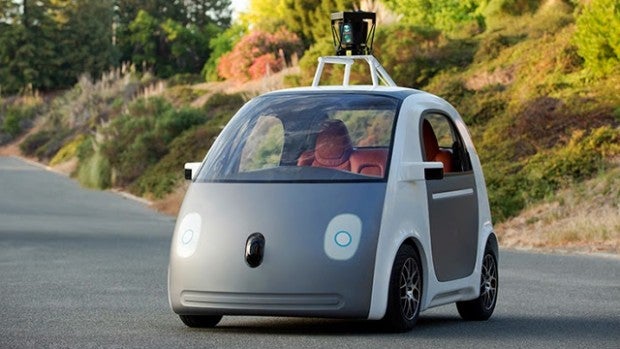Car maker execs: Self-driving cars won’t be common by 2025

Google might want self-driving cars on the road in the next five years, but it will face some opposition from established car makers. According to a survey, executives of car manufacturers don’t think autonomous motors will be commonplace in the next 10 years.
The survey was carried out by IBM at the Automotive News World Congress in Detroit. But these established car makers executives aren’t necessarily tech-hating dinosaurs. Instead of self-driving cars,
Of course that’s what they would want, as it wouldn’t disrupt their business model quite as much as driverless cars would.
Just 8 per cent of execs see self-driving cars being commonplace by 2025, while 19 per cent reckon a fully automated environment will be standard by then. A fully automated environment would leave you free to read or watch a film while the car handles all the driving.
Read more: Google looking for self-driving car partners
The IBM Automotive 2025 Global Study interviewed 175 execs from vehicle OEMs (original equipment manufacturers) and suppliers. Respondents reckon that by 2025, cars will be able to configure themselves to a driver and another occupant, learn, heal, drive and socialise with other vehicles and their environment. This has got Herbie written all over it.
This socialising would potentially involve vehicle social networks which would allow cars to communicate with each other, sharing info like traffic and weather conditions. They could also help diagnose each other by contacting vehicles of the same make.

